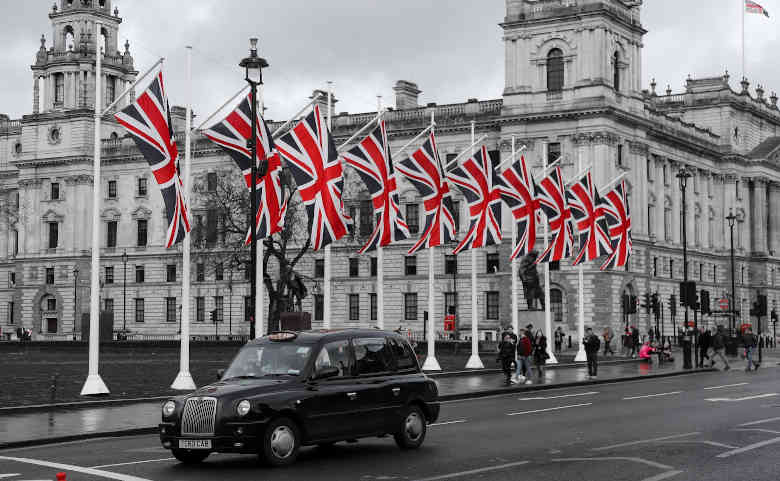The Telegraph, 21 December, Robert Tombs
Bonnie Prince Charlie, “the lad who’s born to be king”, has had a pretty easy ride in popular memory – one of many examples of history not being written by the victors. Romantic nationalism cast him (wrongly) as fighting for Scottish freedom. But now he has had his come-uppance, and from the Scottish National Trust, who have “cancelled” him, at least to the extent of pointing out his connections with the slave trade in their description of the battlefield of Culloden, where he was finally defeated on April 16 1746.
His links with the French slave trade were more than accidental. Jacobite exiles from Ireland, led by Anthony Walsh, were important players in the slave trade, and did much to found the brandy trade, too. Walsh was a crucial financial backer of the prince, and in June 1745 provided him with two ships to sail to Scotland from Nantes, the headquarters of the huge slave trade to the French Caribbean colonies.
Charles’s aim was not Scottish independence but to seize the throne of the United Kingdom by fomenting civil war and forcing the French to invade England. This he was able to do thanks to Walsh, who enabled him to sail without telling the French government. I have read Charles’s letter to Louis XV in the French archives, written in a big childish hand, apologising for acting without permission and begging for help. The French were not too pleased. They (understandably) did not trust a Stuart, and had no interest in shoring up a weak Scotland. But they decided that making trouble for England was worth a gamble and prepared to invade.
Click here to read the piece in full.

